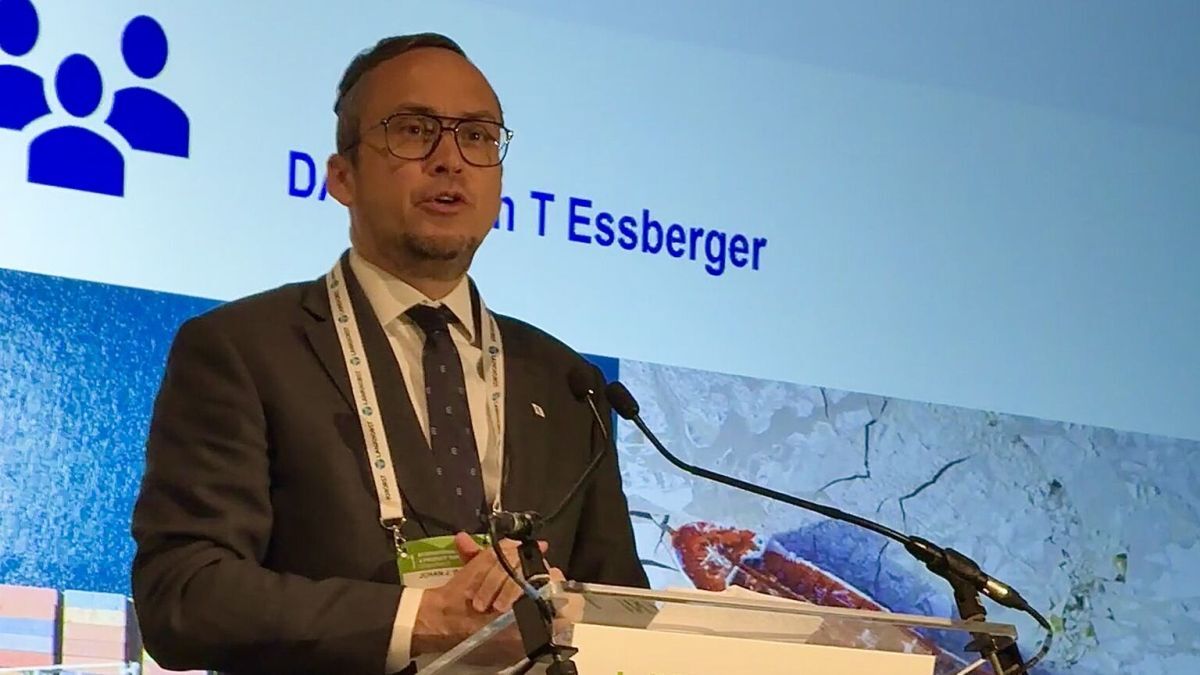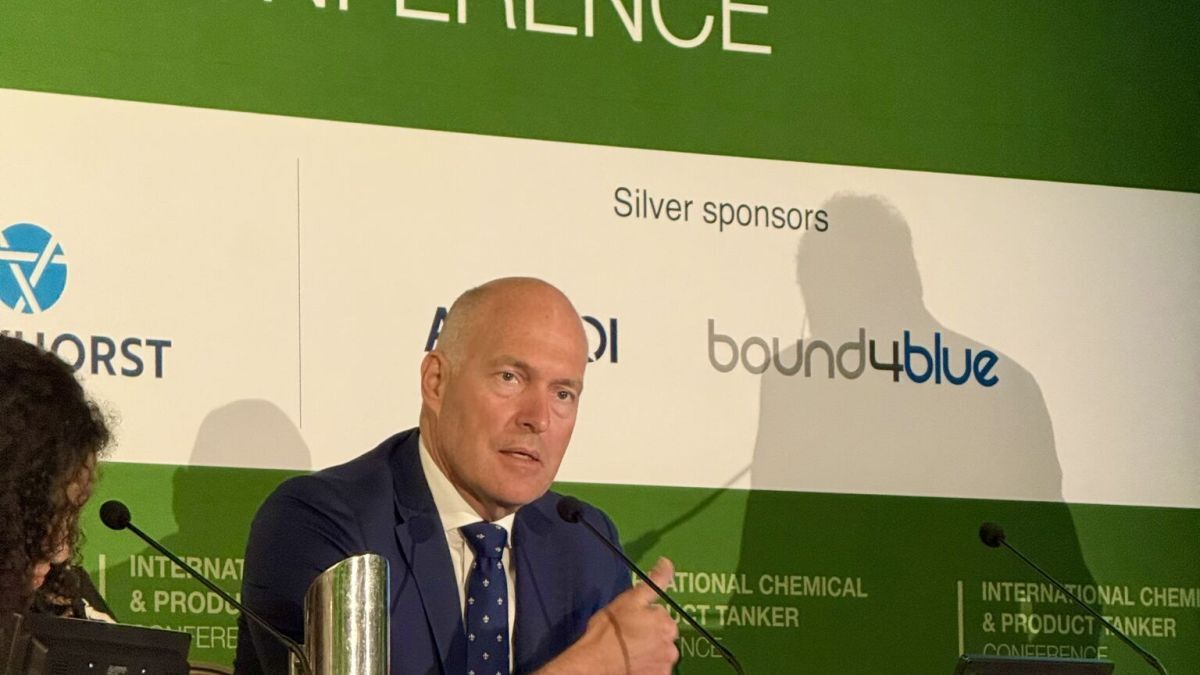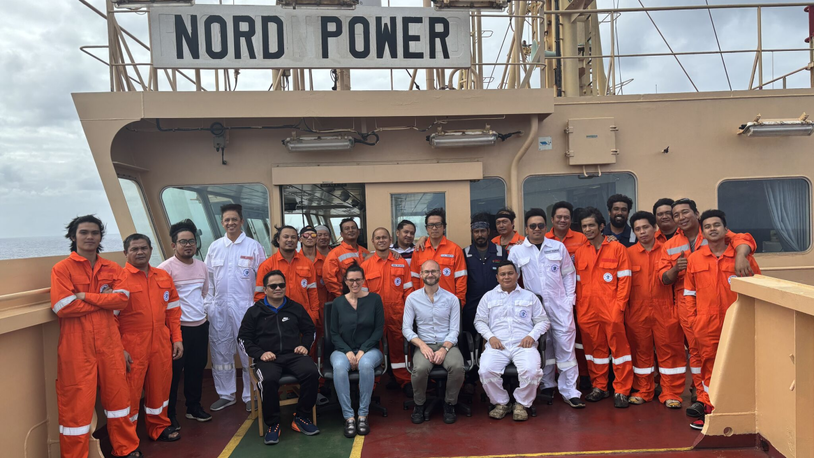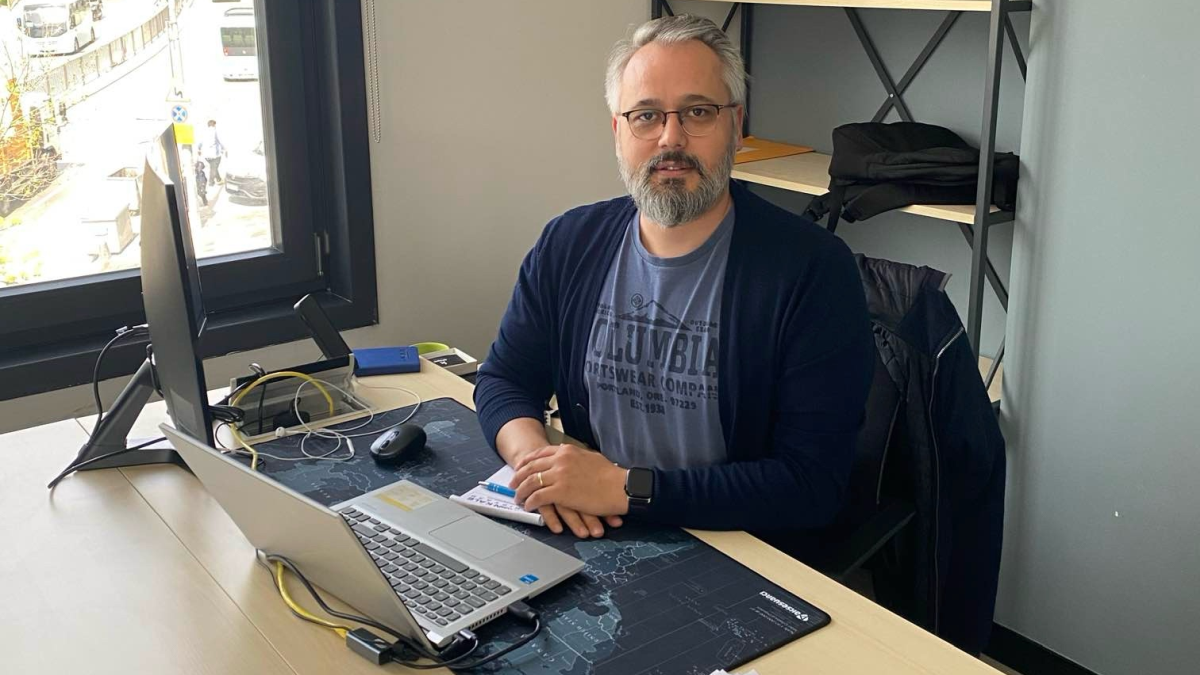Business Sectors
Events
Contents
Major milestone achieved in 2020 towards shipping’s decarbonisation
In 2020, while the shipping industry was responding to the major challenge of the humanitarian crisis faced by seafarers as a result of the impact on crew changes of the Covid-19 pandemic, a major milestone was achieved at the International Maritime Organization (IMO) on shipping’s decarbonisation front
The centrestage of the latest meeting of IMO’s Marine Environment Protection Committee meeting (MEPC 75), which took place 16-20 November 2020, was quite rightly occupied by the measures to reduce greenhouse gas emissions (GHG) by ships.
The dry bulk sector, the largest in terms of the number of ships and deadweight, is committed to further improving its environmental footprint and significantly reducing GHG emissions in line with IMO’s strategy and ambition.
During IMO’s process in the recent past, INTERCARGO responded to political statements that were made by some participants and argued that IMO should finally take action to transform shipping into a sustainable transport mode.
INTERCARGO felt obliged to respond that such statements showed a lack of respect for our industry, for its efforts over the decades, for its people that have worked and dedicated their lives to bringing it where it is today, and for those who tirelessly continue to strive to further improve it. Certain interests that enjoy the publicity offered by mainstream media show a lack of respect for IMO’s past achievements and ongoing efforts to further improve shipping’s positive environmental footprint.
We also argued about the inferior sustainability record observed in other transport sectors compared to international shipping. We reminded those interests that bulk shipping transports essential goods needed by economies around the world and that very real and basic needs are met by these cargoes. Shipping’s demand is derived demand.
Our industry makes the most progress but does not shout about it, while some other sectors enjoy massive political influence and support.
Short-term measures
As the organisation representing the dry bulk shipping sector, INTERCARGO participated in IMO’s deliberations at MEPC 75 and supported the global regulator in approving the newly developed short-term mandatory measures, which deliver both a technical and operational approach, for the world merchant fleet to meet the industry’s GHG emissions commitments. We truly believe the proposed measures will significantly reduce emissions from shipping and mark a major step forward in reducing the carbon intensity of existing ships, on top of the current mandatory energy efficiency requirements in force since 2013.
The technical requirement to reduce carbon intensity is based on a new Energy Efficiency Existing Ship Index (EEXI); and the operational carbon intensity reduction requirements are based on new operational carbon intensity indicators (CIIs).
EEXI will be decisive in making existing vessels become more efficient from 2023, with owners opting for technology retrofits and engine power limitations.
CIIs will be introduced to benchmark performance against reference baselines. CIIs determine the annual reduction factor needed to ensure continuous improvement of the ship’s operational carbon intensity within a specific rating level. The performance level would be recorded in the ship’s Ship Energy Efficiency Management Plan (SEEMP).
However, on the implementation of CIIs, more work is needed and is already underway at IMO. We need experience to be built, data to be collected and appropriate impact assessments. CIIs need to convey meaningful messages regarding energy efficiency, in order to be used reliably for benchmarking purposes.
INTERCARGO will continue our constructive engagement in the related deliberations, as IMO will review the effectiveness of the implementation of the new measures by 1 January 2026 in order to adopt further amendments as needed.
The new measures bring the industry closer to achieving the ambitions set out in IMO’s strategy adopted in 2018. No other global industry has made such a pledge with legally binding, mandatory and industrywide commitments.
Fourth GHG study
INTERCARGO also welcomed and recommended approval by IMO of the Fourth GHG Study and underlined several of its key positive outcomes.
The study shows that the share of global CO2 emissions from international shipping has been practically constant at 2% levels, while transporting up to 90% of world trade.
Significant improvements have been shown in carbon intensity, which is now between 21% and 29% better than in 2008 across international shipping. Against a 40% increase in seaborne trade between 2008 and 2018, the total GHG emissions from shipping fell by 7%.
Key positive drivers, especially for bulk carriers, include improvements in ship design efficiency, fuel consumption and carbon intensity.
The study also shows, for a range of plausible scenarios, that total shipping emissions in 2050 could actually be between 10% lower, and up to 30% higher, than in 2008, which should be appreciated against the anticipated growth in global population, GDP and maritime transport work.
Therefore, the latest GHG study showcases that international shipping is set to remain by far the most environmentally friendly transport mode.
We maintain that significant technological evolutions and new fuels are needed, along with the industry’s ongoing efforts which need to continue, in order to meet the IMO level of ambition in reducing GHG emissions.
R&D proposal
The above said, INTERCARGO submitted to IMO, along with many other industry organisations, a proposal to create a US$5Bn research and development (R&D) fund over a 10-year period to accelerate the development of commercially viable zero-carbon emissions ships by the early 2030s. This is the first major R&D initiative of its kind to be proposed by a sector on a global basis, and could provide a framework for other industries to decarbonise.
The global regulator’s member States agreed to give further consideration to the details of the proposal and raised a number of issues which IMO will need to carefully address, including governance and IMO oversight, and the interests of Least Developed Countries and Small Island Developing States.
Every advance in technological certainty increases investment certainty, reducing the future cost of the transition to zero-carbon fuels and technologies, and accelerating the pace at which that transition can occur. With US$5Bn in core funding over a 10-year period, generated from industry contributions, we hope to create the technological and investment certainty to spur innovators, engineers, energy companies, shipyards, financial institutions and engine manufacturers to accelerate the R&D effort required to decarbonise shipping.
Looking into the future with optimism
The IMO was not expected to deliver a total solution at MEPC 75. Yet instead of protesting that progress is insufficient, backing the global regulator’s initiatives will enable the industry to move towards zero-carbon shipping in the future.
Several opposing voices fail to contribute constructively to deliver on our common climate objectives under the IMO and UN framework. Instead, they even dismiss a global agreement that has taken much effort to reach, while claiming at the same time that we are losing time. But they do not offer any sustainable alternatives.
Unlike the Cassandras’ assertions, IMO’s MEPC 75 did generate satisfaction and hope for a better future and for tangible results to be seen in the years to come. There are no real alternative options to generate vision and results outside IMO without initiating a domino of counterproductive or even destructive events.
A promising era is ahead of us and we are optimistic that shipping will retain its prominent role in serving the world’s essential needs, while the creative forces will prevail and the ’IMO way’ will be part of the solution.
We feel proud to be on the creative side of developments in relation to shipping’s decarbonisation. Our sector represents, and is working for, the real economy, delivering food, energy and indispensable material to people around the world. We work with an open, substantiated, and honest agenda for a truly sustainable future where shipping will keep serving the world’s essential needs. This said, we need and invite more companies to join our Association as like-minded visionaries joining us in this worthwhile effort.
Related to this Story
Events
Maritime Environmental Protection Webinar Week
Cyber & Vessel Security Webinar Week
The illusion of safety: what we're getting wrong about crews, tech, and fatigue
Responsible Ship Recycling Forum 2025
© 2024 Riviera Maritime Media Ltd.













